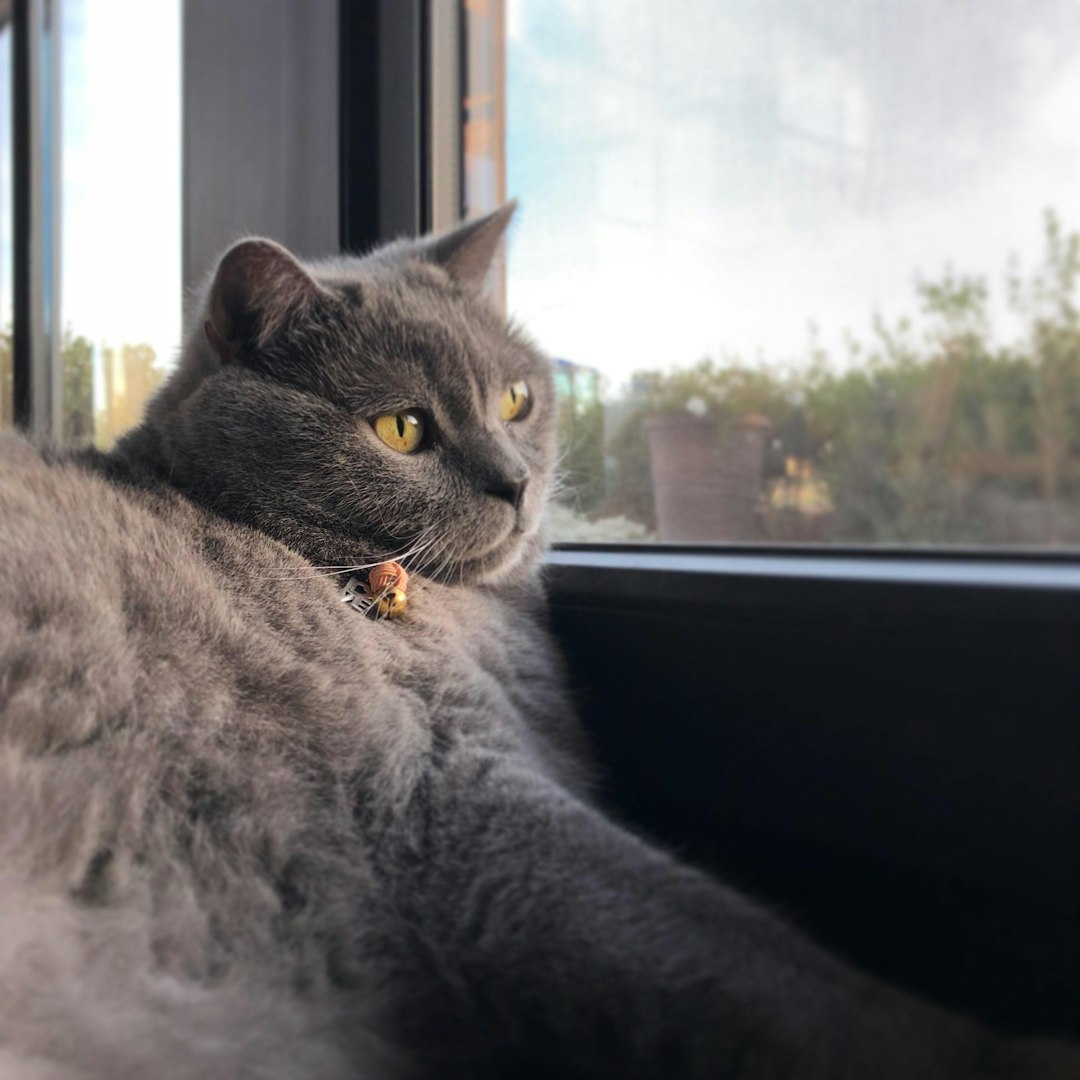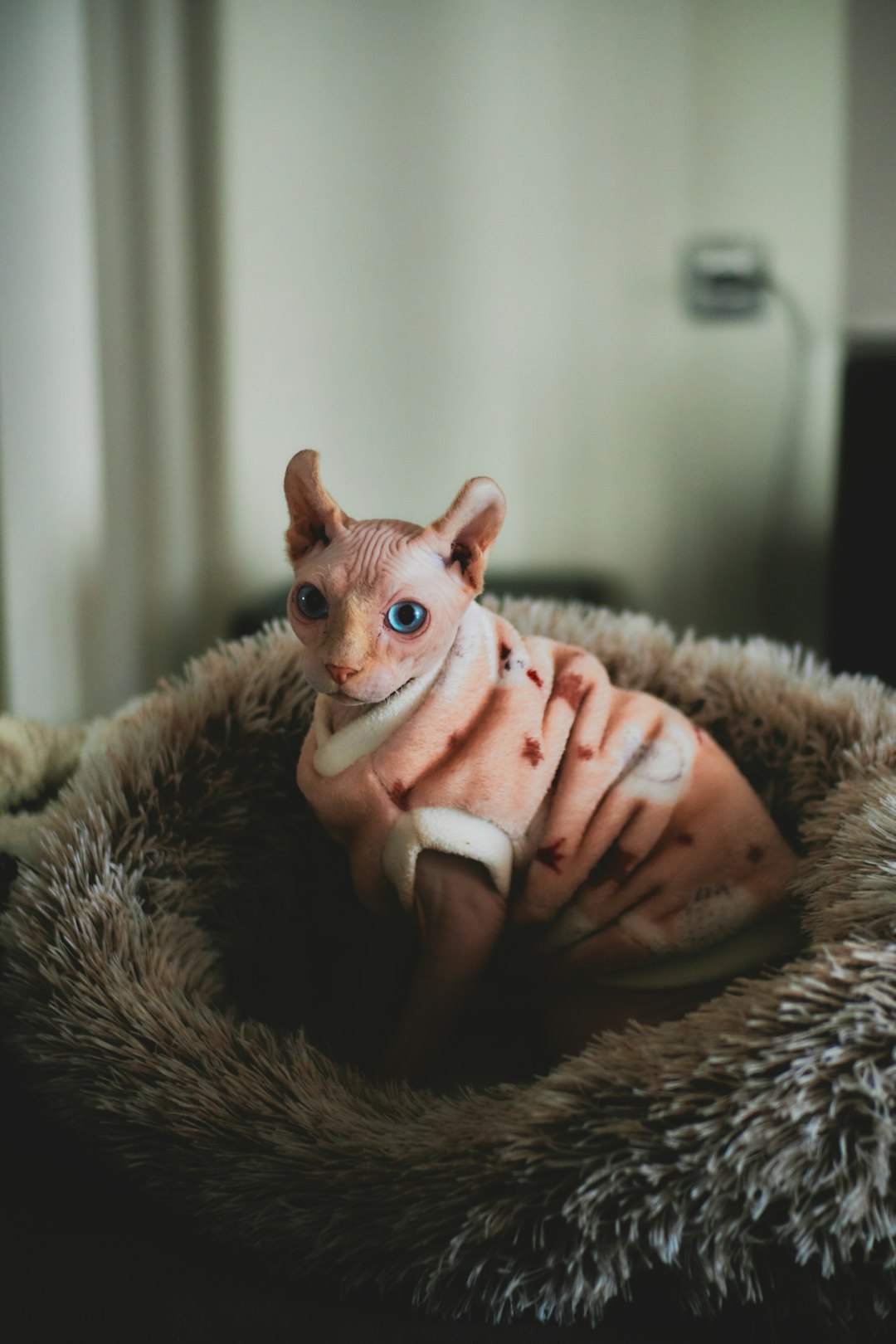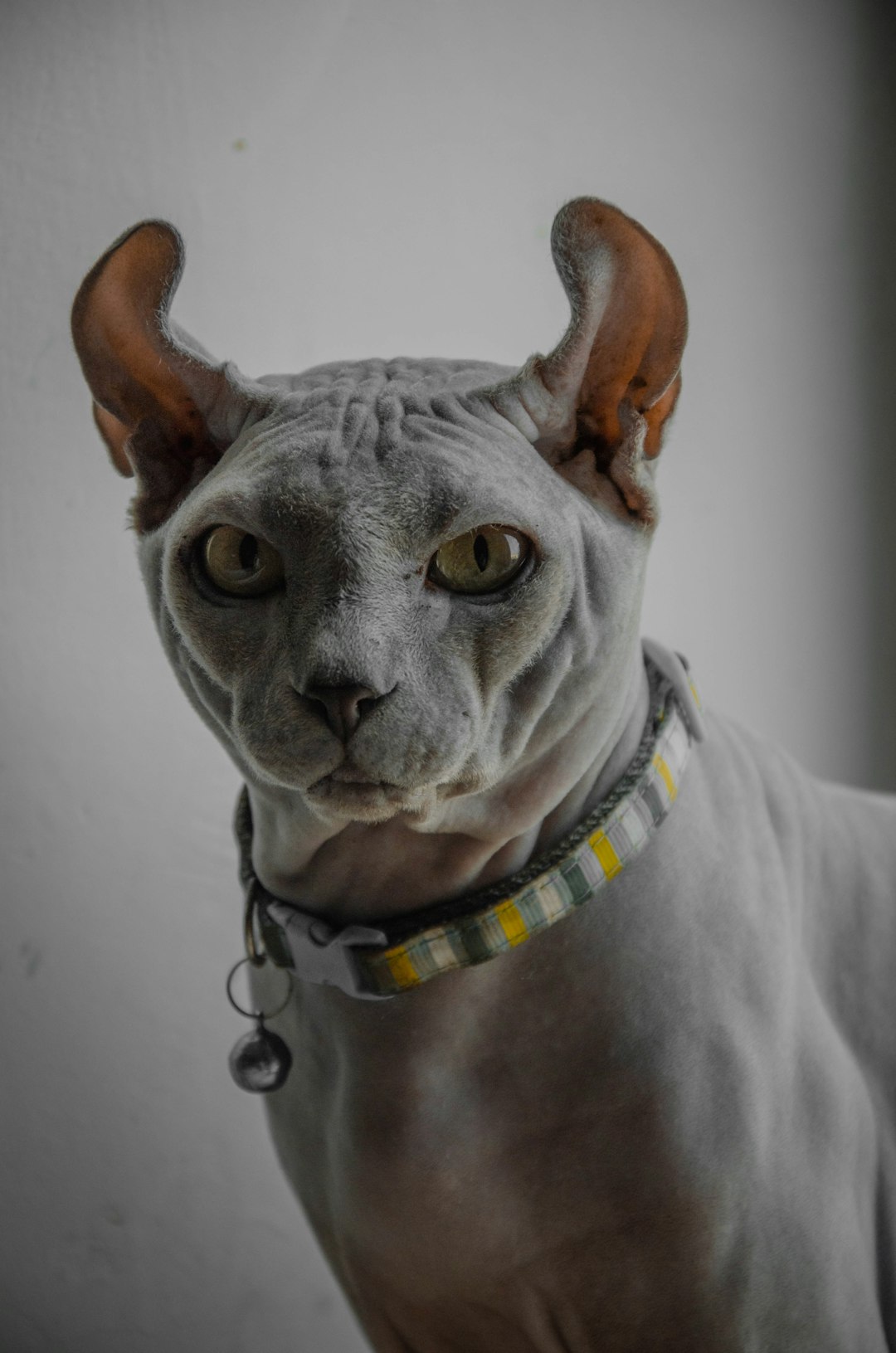Cats are beloved companions, but when they start to exhibit inappropriate urination, it can lead to confusion and frustration. If you’ve found yourself asking, "why is my cat peeing everywhere," you’re not alone. Several factors contribute to this behavior, from health issues to environmental stressors. Understanding these common causes is essential for addressing the problem effectively and ensuring your feline friend remains happy and healthy. By exploring the underlying reasons, you can take the necessary steps to resolve this issue and restore harmony in your home.
Understanding Feline Urination Behavior
Understanding why is my cat peeing everywhere requires insight into typical feline urination behavior. Cats are creatures of habit, and their elimination patterns can provide valuable clues about their wellbeing. Here are some key points to consider:
Instinctual Behavior: Cats often select specific areas to urinate as a part of their territorial marking. This behavior can become problematic when it occurs outside of the litter box.
Communication: Feline urination can serve as a mode of communication with their owners or other pets, indicating stress or discomfort.
Routine: Cats prefer a consistent routine when it comes to their bathroom habits. Changes in their environment or daily structure can lead to confusion and lead to inappropriate urination.
Litter Box Usage: Preference for a clean and accessible litter box is crucial. If your cat avoids it, it may contribute to the question, why is my cat peeing everywhere?
By understanding these behaviors, cat owners can begin to address issues surrounding their pet’s urination and take appropriate actions for improvement.
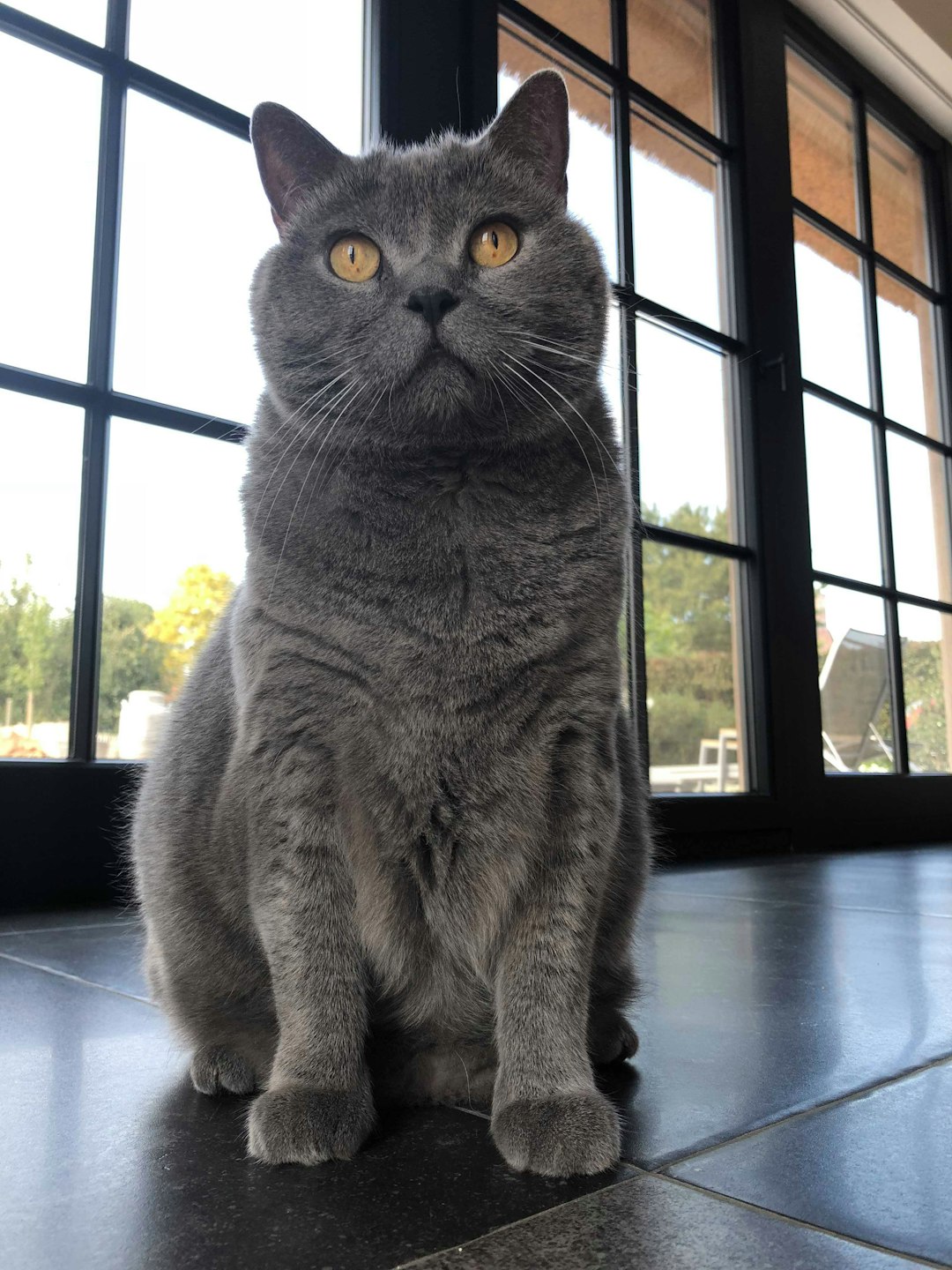
Common Causes of Inappropriate Urination
If you find yourself wondering why is my cat peeing everywhere, several common causes could contribute to this behavior. Understanding these factors can help you effectively address the issue:
Medical Conditions: Cats may urinate inappropriately due to underlying health problems such as urinary tract infections, diabetes, or kidney disease. Always consult a veterinarian for a proper diagnosis.
Territorial Marking: Cats are territorial creatures. If a new pet or person enters the house, your cat might express their dominance through urine marking.
Litter Box Aversion: Cats might refuse to use a litter box if it isn’t clean or placed in a convenient location. Factors like the type of litter or box itself can also play a role.
Age-Related Changes: Older cats may develop cognitive dysfunction or other age-related issues causing them to forget where to pee or struggle to reach the box in time.
Behavioral Issues: Stressors such as changes in routine or environment can lead to inappropriate urination as well.
Identifying the cause is essential for resolving why is my cat peeing everywhere effectively.
Health Issues That May Cause Urination Problems
When addressing the question, why is my cat peeing everywhere, it’s essential to consider health issues that might contribute to this behavior. Various medical conditions can affect a cat’s urination habits, prompting them to eliminate outside the litter box. Here are several health concerns to keep in mind:
Urinary Tract Infections (UTIs): UTIs can cause discomfort and frequent urination, leading to accidental spills around the house.
Bladder Stones: These can obstruct normal urine flow and lead to similar symptoms, making your cat feel the urge to go often.
Kidney Disease: Affected cats may drink more water and urinate excessively, resulting in unpredictable accidents.
Diabetes: This condition also causes increased thirst and urination, manifesting in similar behavior.
Hyperthyroidism: A common problem in older cats, hyperthyroidism can lead to increased urination and drinking habits.
If you notice changes in your cat’s urination, consulting your veterinarian promptly is crucial. Addressing medical issues early on can improve your cat’s health and reduce incidents of inappropriate urination. Remember, understanding why is my cat peeing everywhere is key to finding the right solution.
Stress and Anxiety in Cats
One of the significant reasons some cat owners frequently ask, "why is my cat peeing everywhere?" can be traced back to stress and anxiety. Like humans, cats can become stressed due to various factors, leading to disrupted urination patterns. Understanding these triggers is essential to helping your feline friend.
Common Stressors for Cats:
- Change in Environment: Moving to a new home, renovating, or even rearranging furniture.
- New Family Members: The introduction of new pets or people can upset your cat’s sense of security.
- Loud Noises: Fireworks, thunderstorms, or even loud household appliances can create anxiety.
- Lack of Routine: Cats thrive on predictability; disruptions in feeding or playtimes can lead to stress.
Solutions:
Consider the following to support your cat:
- Create Safe Spaces: Designate quiet areas where your cat can retreat when feeling overwhelmed.
- Use Calming Aids: Products like pheromone diffusers may help ease anxiety.
- Maintain Consistency: Keep feeding and play schedules regular to provide reassurance.
By addressing the question "why is my cat peeing everywhere?" with an understanding of stress and anxiety, you can develop strategies to create a more peaceful environment for your pet.
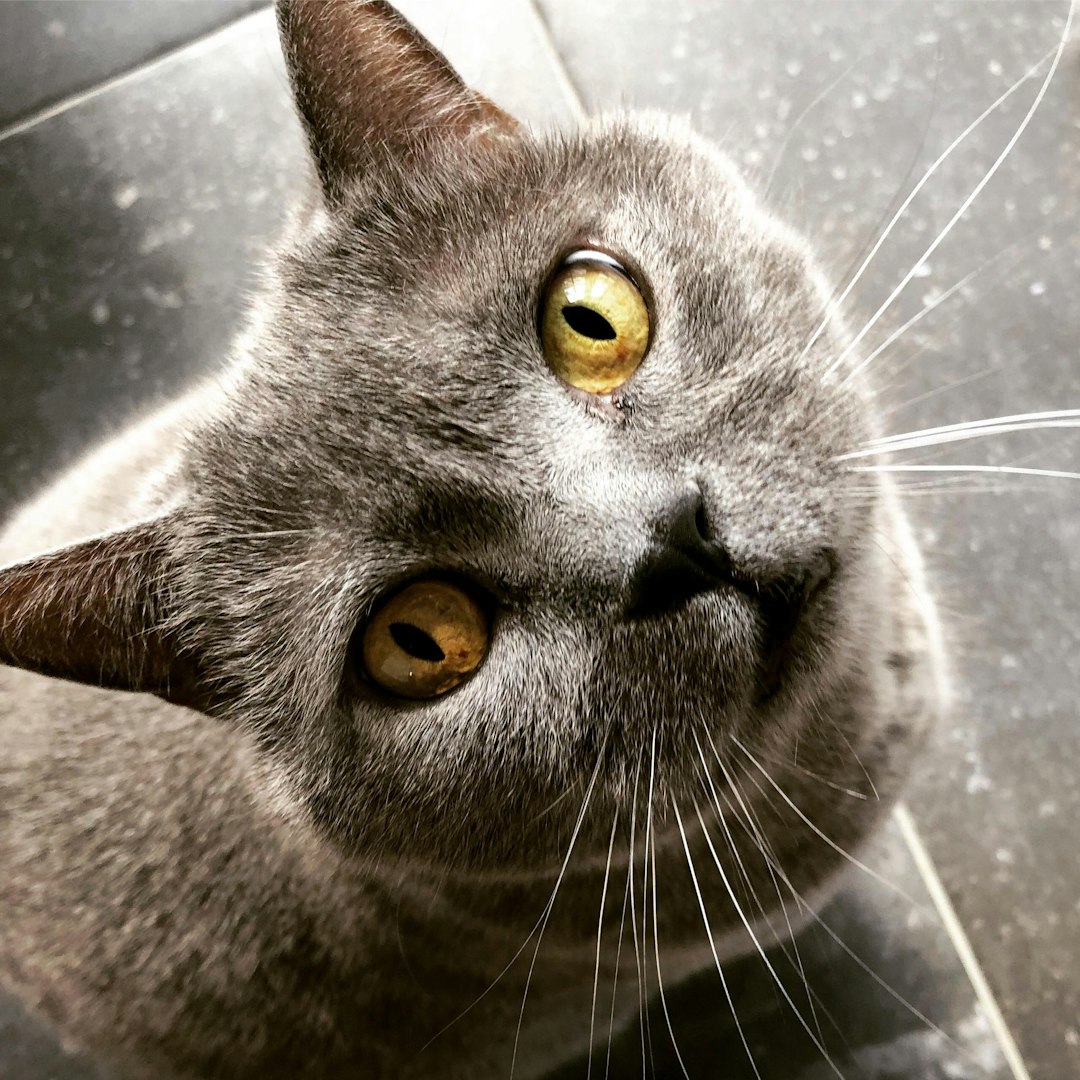
Environmental Factors Influencing Cat Behavior
When considering why is my cat peeing everywhere, it’s crucial to examine their environment. Cats are highly sensitive creatures, and their surroundings can significantly impact their behavior. Here are some important environmental factors to consider:
Litter Box Location: Ensure the litter box is in a quiet, easily accessible area. Cats may avoid using it if it’s too noisy or hidden.
Cleanliness: Cats are fastidious animals. A dirty litter box can deter them from using it, leading to inappropriate urination.
Household Changes: Changes like moving furniture, new pets, or even visitors can stress your cat. Such alterations in their environment may cause them to feel insecure, prompting behaviors like peeing outside the litter box.
Territorial Disputes: If a new animal enters the home, your cat might feel the need to assert dominance by marking their territory.
To summarize, understanding these environmental influences can provide valuable insight into why is my cat peeing everywhere. By creating a stable and clean habitat, you can help reduce stress and encourage proper litter box usage.
Litter Box Problems and Solutions
One of the most common reasons behind the question, "why is my cat peeing everywhere," is litter box issues. Cats are particular about their bathroom preferences, and even minor changes can lead to inappropriate urination. Here are some common litter box problems and their solutions:
Box Location: Ensure the litter box is placed in a private, quiet area. Cats might avoid using it if it’s too noisy or busy.
Cleanliness: Cats are clean animals. A litter box that isn’t scooped regularly can result in them seeking alternative spots to relieve themselves. Aim to clean the box at least once a day.
Number of Boxes: If you have multiple cats, the rule of thumb is to have one litter box per cat plus one extra. This helps prevent territorial issues.
Litter Type: Some cats have a preference for certain types of litter. Experiment with various options such as clumping, non-clumping, or natural litters to see which your cat prefers.
Size and Design: A box that’s too small or covered can deter a cat. Make sure it’s spacious and has low sides for easy access.
Addressing these litter box problems can significantly reduce the likelihood of your cat peeing everywhere and help restore harmony at home.
When to Seek Veterinary Help
Understanding when to seek veterinary help is crucial if you find yourself asking, "why is my cat peeing everywhere?" Some situations require immediate attention to ensure your cat’s health and well-being.
Look for these signs:
- Increased Frequency: If your cat seems to urinate more than usual.
- Straining to Urinate: Difficulty or pain during urination indicates a serious problem.
- Blood in Urine: This is a clear sign of potential health issues requiring urgent care.
- Lethargy or Appetite Changes: Noticeable changes in behavior or appetite may signal an underlying health issue.
- Unusual Urination Locations: If your cat’s inappropriate urination becomes a pattern, it’s time to investigate further.
Comparison Table: Signs of Concern
| Sign | Urgent Attention Needed? |
|---|---|
| Increased frequency | Yes |
| Straining to urinate | Yes |
| Blood in urine | Yes |
| Lethargy | Possibly |
| Change in appetite | Possibly |
By recognizing these signs and understanding why your cat is peeing everywhere, you can take appropriate action and ensure your feline friend gets the care they need.
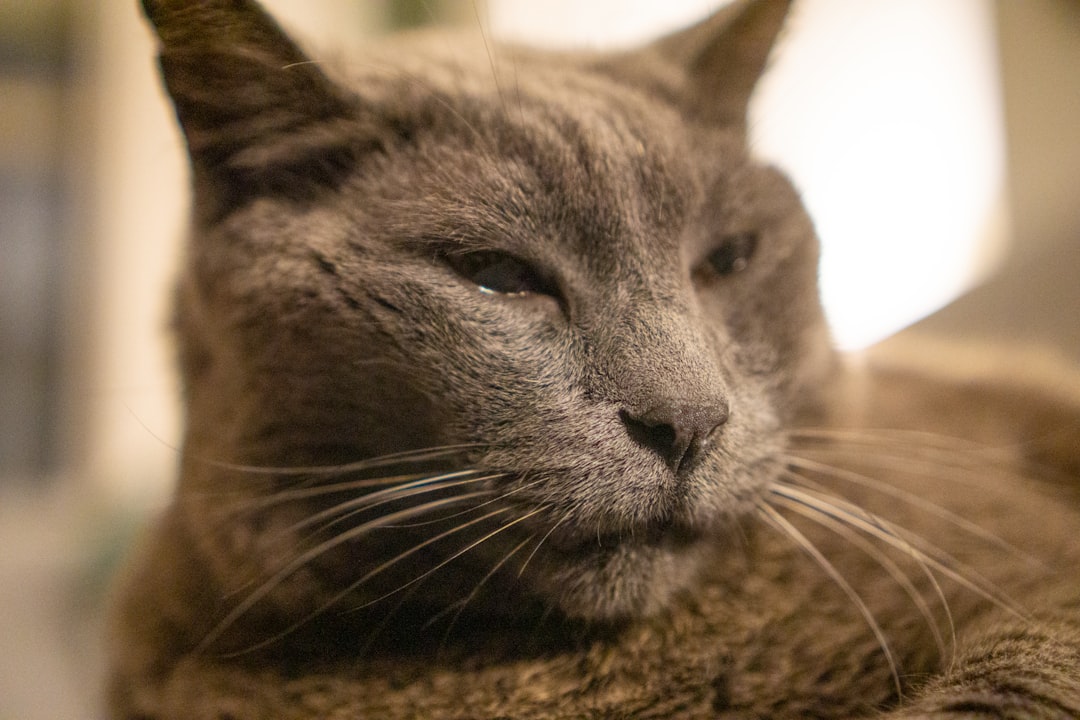
Preventative Measures for Cat Owners
Preventing inappropriate urination involves understanding your cat’s needs and environment. Here are some effective strategies to help avoid the question, "why is my cat peeing everywhere?"
Litter Box Maintenance:
- Scoop boxes daily.
- Replace litter weekly.
- Use an appropriate litter type that your cat prefers.
Provide Multiple Litter Boxes:
- The general rule is one box per cat plus one extra.
- Place them in different locations to reduce territorial issues.
Regular Vet Check-ups:
- Schedule annual health screenings to catch any underlying health issues early.
- Discuss any behavioral changes with your veterinarian promptly.
Stress Reduction:
- Create a calm environment using pheromone diffusers.
- Provide enrichment activities, such as interactive toys.
Neutering/Spaying:
- Neutering or spaying can help reduce territorial marking.
By proactively managing these factors, you can significantly reduce the likelihood of your cat’s inappropriate urination tendencies. Thus, you will lessen the chances of encountering the frustrating situation of why is my cat peeing everywhere.
Frequently Asked Questions
What are the most common reasons that my cat might be urinating outside the litter box?
Cats may urinate outside their litter box for several reasons, including medical issues such as urinary tract infections or kidney problems, behavioral issues such as stress or anxiety, or preferences for certain litter types or locations. It’s crucial to first consult a veterinarian to rule out any underlying health problems before exploring environmental or behavioral factors.
How can I determine if my cat’s inappropriate urination is due to a medical issue?
To figure out if your cat’s urination habits are linked to a health issue, monitor their behavior for any other symptoms such as blood in urine, frequent urination, straining while urinating, or lethargy. A trip to the veterinarian is essential, as they can conduct tests like urinalysis or ultrasound to diagnose potential infections, stones, or other medical conditions that might cause your cat to urinate outside the litter box.
What steps can I take to prevent my cat from urinating around the house?
Preventing a cat from urinating outside the litter box can involve a few key steps: ensure the litter box is clean and in a quiet, accessible location; consider the type of litter, as cats can be picky; and provide ample resources if you have multiple cats. If stress is a factor, you can work on reducing stressors in their environment, and using pheromone diffusers may also help create a calmer atmosphere.
Could changes in my household trigger my cat to urinate outside the litter box?
Yes, changes in your household like moving to a new home, introducing a new pet, or significant changes in routine can stress your cat, causing them to urinate outside the litter box. Cats are sensitive to their environment, and any alterations can lead to feelings of insecurity or anxiety. It’s important to monitor their reactions to such changes and provide a stable environment while giving them space to adjust.

